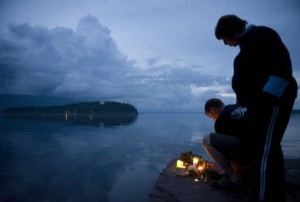 Six days after the twin terror attacks on Norway which left 76 mainly young people dead and dozens injured, I will sum up my work over these days in the following. For various reasons I was unable to travel back to my native Norway to cover the story from there, so all my reporting and commentary was done from the UK.
Six days after the twin terror attacks on Norway which left 76 mainly young people dead and dozens injured, I will sum up my work over these days in the following. For various reasons I was unable to travel back to my native Norway to cover the story from there, so all my reporting and commentary was done from the UK.
Friday 22 July 2011
As news of the fatal bombing of central Oslo started to sink in, I went live on BBC Radio 4’s PM programme with Eddie Mair to talk about the latest news. Minutes before I went on air reports started coming in on Norwegian online media of a shooting incident at Utøya Labour youth camp. I started by breaking that news to the BBC, which you can listen to here:
At this stage it was still not clear who was behind the attacks, although soon after eyewitness accounts from Utøya started coming in describing a tall, blond man wearing a police uniform and speaking Norwegian. By 9pm I was talking to Julian Marshall on Newshour, BBC World Service. In hindsight it would have been wise to also include some of these witness accounts in my answers when looking for possible perpetrators and motives. We sill went with the possibility of an Islamist extremist attack. Here is my interview with Newshour:
Half an hour later, I again spoke with Julian on Newshour. By now it was clear Norway’s prime minister, Jens Stoltenberg, was in safety. In an interview with Norwegian state broadcaster NRK he said it was still too early to say anything about a possible motive or who might be behind the attacks. We now knew seven people had been killed by the Oslo bomb, and that police were looking into the suggestion the two attacks were linked and that one and the same person was behind them, and that police had arrested a man on the island. Listen to my interview with Newshour here:
As I went off air after this interview, the prime minister held his first post-attack press conference in which he told the world Norway would react to this attack not by closing down its open democracy, but with more democracy. His words would be born out by the Norwegian people in the hours and days to come. I debated this and other issues with Adrian Goldberg on BBC Radio 5 Live, as it became clear the attacks were “more Oklahoma City than 9/11”. I appeared alongside professor Eric Grove, director at Centre of International Security and War Studies at Salford University. Here is some of that conversation:
Saturday 23 July 2011
Like so many other people, I woke up to the unbelievable news that more than 80 people might have been killed at Utøya. Media was by now raking over details in Anders Behring Breivik’s so-called manifesto to try to establish his real motive and also to find information how he had planned his terror attacks. I was back as a guest on BBC Radio 5 Live with Adrian Goldberg again that evening, together with Manchester-based Norwegian teacher and translator Hanne Jensen Dewsbury. Listen here:
Sunday 24 July
By Sunday Norwegian media had started putting names and faces to the unfathomable 76 dead after Anders Behring Breivik’s terror attacks. I wrote the following opinion piece for Deutsche Welle’s website:
Norway vows not
to buckle under terror
Norwegians are determined not to buckle under the terror of Friday’s attacks, says Norwegian journalist and DW correspondent Lars Bevanger. The country hopes it can respond to the terror with more democracy and openness.
The gruesome attacks on Oslo and hundreds of young people at a political summer camp have left us Norwegians reeling and struggling to comprehend what happened, why it happened and how a fellow Norwegian could commit such an atrocity targeting our children.
We like to think of Norway as a peaceful country, the home of the Nobel Peace Prize and a force for good in the world. We like to think Norway is an open democracy embracing all, no matter their backgrounds or beliefs.
We pride ourselves on our freedom of expression. This means we sometimes must accept what for many are unpalatable opinions from individuals who do not share these values, and who argue Norway should not be a place for people of other cultures and backgrounds.
Europe under attack?
As details of the suspected perpetrator of the attacks in Oslo and on Utoeya emerged, it seemed he was one of those individuals. He had been actively spouting his twisted rhetoric in online debates where he argued that Norway and the rest of Western Europe was somehow under attack from multiculturalism. We let him carry on because that is what Norway’s open society does.
Others also use online forums to argue against the fundamental freedoms enshrined in Norwegian society because they see so-called foreign cultures as some sort of threat. But we let them carry on, because to silence them would be to abandon our own cherished ideas of freedom.
Anders Behring Breivik, the 32-year-old arrested among the bodies of 85 people at Utoeya, has told police it was he who committed the atrocity and that he also set off the massive bomb that killed at least seven people in central Oslo.
He told his defense lawyer his acts were gruesome but necessary. He says he was behind a 1,500-page publication he called his manifesto, in which he portrayed himself as a crusader leading a revolution which will purge Western Europe of multiculturalism.
To many in Norway it is becoming clear this is not simply a person with extreme right-wing views, or a Christian fundamentalist. In some way he seems as incomprehensible as the heinous acts he says he committed. He portrays himself as being on the outside of our society, and his alleged acts most certainly were not something our society accepts.
Responding with more democracy
Just hours after the attacks, our prime minister told the world not that we will hunt those responsible down and punish them, but that our answer to this unspeakable crime would be more democracy.
As the nation has been counting the dead and communities up and down the country have been coming to terms with their losses, the prime minister’s sentiment has been borne out. Where you might expect immense anger, there is very little to be found.
People have gathered together to mourn, to talk and to try to understand. But most of all people have been telling each other again and again what has happened must not be allowed to change our society. No matter who was behind it and what their so-called motives were, it will not shift our cherished fundamental freedoms. No doubt there will be anger, no doubt there will be people feeling the need for revenge. But I and many with me hope these will remain private feelings that will not be allowed to take root in society as a whole.
It has been reassuring too to see political parties from all sides unite behind these same ideas of freedom in the wake of what happened. No one has tried to make political capital on this, and no one seems to be developing an appetite to do so.
In his unfathomable mind, the perpetrator might have wanted to divide Norwegians. He has achieved the opposite; a nation united. In recent days our war time poet Nordahl Grieg has been quoted again and again – his words from World War II echoing with increased resonance: “We are so few in our country. Each fallen a brother and friend.”
—————-
That same evening I joined BBC Radio 5 Live and Adrian Goldberg for a final time to talk more about what the terror attacks would mean to Norwegian society and the Norwegian people. Again I shared a studio with Professor Eric Grove, while Norwegian social antropologist Thomas Hylland Eriksen also took part from Oslo. Listen here:
Monday 25 July 2011
As Anders Behring Breivik appeared in court and was handed down an eight weeks’ custodial sentence, hundreds of thousands of Norwegians across the country took to the streets armed with roses. In silent protest they listened to their leaders and to victims of the terror attacks again urging Norway to answer the perpetrator not with revenge but with more democracy. I spoke to BBC Radio Wales about it:
Wendesday 27 July 2011
As people both in Norway and abroad continued to grapple with the weekend’s terror attacks, BBC Radio Scotland’s Call Kaye phone in programme invited me, along with social anthropologist Thomas Hylland Eriksen, to shed light on what makes Norwegians tick. You can hear part of that conversation:
Norway’s maximum sentence is 21 years in prison, or 30 years in cases of crimes against humanity. Now the Norwegian justice system had to take on a case unlike any other, a case which would put test that system to the full. I wrote this piece for the BBC News webpage:
27 July 2011 Last updated at 15:57
Norway’s justice system
faces severe test
By Lars BevangerNorwegian journalist, Oslo
Rehabilitation of convicted felons is central to Norway’s criminal justice system, which is one of the most progressive in Europe.
That system now faces a severe test, as it must consider the possibility of rehabilitating Anders Behring Breivik, the self-confessed perpetrator of last week’s twin terror attacks.
Norwegians have in recent days responded to the prime minister’s plea of answering Friday’s brutal violence with more democracy.
They have turned out in their tens of thousands carrying flowers, united in defiance of someone who wanted to divide Norwegian society.
Complete isolation
On Wednesday that sentiment was echoed by the man now in charge of guarding Mr Breivik, who has started his initial eight-week custodial sentence.
Knut Bjarkeid, prison governor at Ila prison, told Norway’s largest tabloid VG: “This task will be a professional challenge. We must take care of him in a human way.”
Mr Breivik will spend four weeks in complete isolation in a cell containing nothing but a bed, a toilet, a table and a chair.
That will be relaxed for the remaining four weeks, but he will still be allowed no access to letters, newspapers or other media. Police can then approach the courts to ask for further detention if investigations are still ongoing.
While in custody he will be assessed by two forensic psychologists.
This work could take up to three months. If he is found to be of unsound mind he could be consigned to closed psychiatric care.
Rehabilitation
Norway’s criminal system will have to deal with a case that includes an unprecedented level of crime when the trial of Mr Breivik gets under way at the end of police investigations.
He is charged with acts of terrorism, which carry a maximum sentence of 21 years, and has admitted being behind the Oslo bomb blast and Utoeya shooting spree which killed at least 76 people.
If found guilty of these charges at 32 years of age, he would be a free man at 53. Despite the nature of the crimes he has confessed to, legal experts say he will most likely be offered various chances of rehabilitation during his time in prison.
“Rehabilitation is central to Norway’s system,” said Hedda Giertsen, a professor in criminology at the University of Oslo.
“A lot of resources are put into this. The idea is for people to be able to leave prison and lead a life free from crime.
“There is help to find accommodation, help with personal finances, education – nearly half of Norway’s prison population is offered some sort of course or education.”
Statistics indicate this policy does work.
Re-conviction rates in Norway are low compared to other European countries, and currently stand at about 20%, compared to around 50% in the UK.
Yet to many the idea of rehabilitating the perpetrator of Norway’s worst peacetime terror attacks will be difficult to stomach.
People have been voicing their hopes that he could spend the rest of his life behind bars.
Still there have been few calls for adapting Norway’s criminal justice system to make it easier to sentence someone to life in prison in cases of extreme terror.
Norwegian Prime Minister Jens Stoltenberg told the press on Wednesday he would not intervene in this discussion because it was important to keep the separation between the government and the courts.
“We have the possibility of long sentences in Norway – 21 years is a long sentence – in addition we have a system of preventative detention which makes it possible to have people longer in jail if that’s regarded as necessary to protect the society,” he said.
“I think we now have to await the investigations, we have to await the decisions of the court, before we comment on the sentences,” he added.
The maximum prison sentence for criminal offences in Norway is 21 years, or 30 years in cases of crimes against humanity.
The courts can also agree to so-called preventative detention, which allows for reviews of a sentence every five years – a system which in theory could mean life imprisonment. So far this has never happened.
A male nurse found guilty of murdering 22 of his elderly patients was released in 2004 after serving 12 out of his maximum sentence of 21 years in prison.
He is presumed to be living under a new identity at an unknown address. There have been no attempts by media to disclose his whereabouts.
Prosecutors must choose between asking for preventative detention, life imprisonment (21 years) or the maximum of 30 years for crimes against humanity.
If Mr Breivik is found guilty as charged of terrorism, the prosecution will have forfeited its right to ask for preventative detention, and he would walk free at 53.
Correction, 28 July 2011: We originally wrote that the maximum sentence for terrorism was 30 years, implying Mr Breivik would be freed at 62. In fact it is 21 years – 30 years is the maximum for crimes against humanity. Apologies for the misunderstanding.
————–
Thursday 28 July
The trial of Anders Behring Breivik is expected to get underway early next year. Towards the end of the week following his terror attacks and extreme-right ramblings the spotlight started falling on other extreme-right proponents across Europe. But it was also time to take stock of where multiculturalism in Norway stands today. I filed this postcard about how multicultural Norway has emerged during my own lifetime, for Inside Europe on Deutsche Welle Radio. You can read and listen to it here:
POSTCARD; Inside Europe, Multicultural Norway
The twin terror attacks in Norway has led to a renewed focus on far right extremism and anti-immigration groups both in the Scandinavian country and elsewhere in Europe. Norwegian journalist Lars Bevanger has watched how his country has grown from a largely white, homogenous society to a vibrant multicultural one. But as he writes in this postcard, it has not been a painless transformation.
I remember the day I saw a black boy for the very first time. It would have been around 1978, and I would have been around eight years old. We were both enjoying a warm summer’s day at an Oslo outdoor swimming pool.
To people living in other parts of Europe, perhaps especially those living in larger cities, this might sound incredibly odd. Yet Norway in the seventies was a largely white, homogenous society. The first non-European immigrants were Pakistanis who came as part of a government drive to import labour around that same time. The journey from that time to our present multicultural society has sometimes been painful.
It is that multiculturalism Anders Behring Breivik said he wanted to wage war on, in his twisted and cobbled together document he called his “manifesto” – sent out to those he thought would join him in the war he believed he was fighting. He then went out to bomb and shoot 76 mainly young people, the children of the moderate political left he blamed for allowing my country to become a place where everyone was welcome.
In the aftermath of his self-confessed incredibly cruel deeds my nation came together as one – and it was no longer white; my fellow Norwegians who filled the centre of every city and every town up and down the country on Monday were of many colours, many faiths, many ethnicities. But they were all Norwegian and proud and united in their determination to show their open democracy cannot be bombed or shot into submission.
Mixed too were the brave young Labour party youth who died at or fled from their summer camp at Utøya. Children and youths from many different backgrounds and faiths were there to actively engage in our democracy, a democracy open to all.
So how did we get here? Sometimes through democratic debate keeping far right elements at bay by patiently unmasking their untenable ideologies. Sometimes through terrible suffering. Any person with an immigrant background will tell you so. Imagine being that lone black boy at the outdoor swimming pool in 1978. Being a minority is never easy.
There have been episodes – recent ones – which have made me ashamed of being Norwegian. Benjamin Hermansen was killed by two self-proclaimed neo-nazi Norwegian youths in 2001, because he was black. But my national pride was restored when thousands filled the streets in silent protest at the killing – just like people all over the country did last week.
Today Norwegians of various ethnicity are represented in all walks of life. The Parliament vice president is of Pakistani heritage. Asian colleagues are news anchors. Our multicultural nation is not only enshrined in the politics of most of the main political parties, it has taken root in the people.
For me, confirmation that Norway really had become a tolerant multicultural society came on 9 April this year – the anniversary of the 1940 German Nazi occupation of Norway. People who called themselves the Norwegian Defence League – a Norwegian chapter of the UK anti-Islamic violent street movement the English Defence League – announced a big demonstration against what they called the Muslim occupation of Norway.
No more than a handful of NDL supporters turned up – easily outnumbered by police and journalists. No one was interested. We’d come a very long way since I first saw a black boy in Oslo.
Lars Bevanger, Deutsche Welle Radio

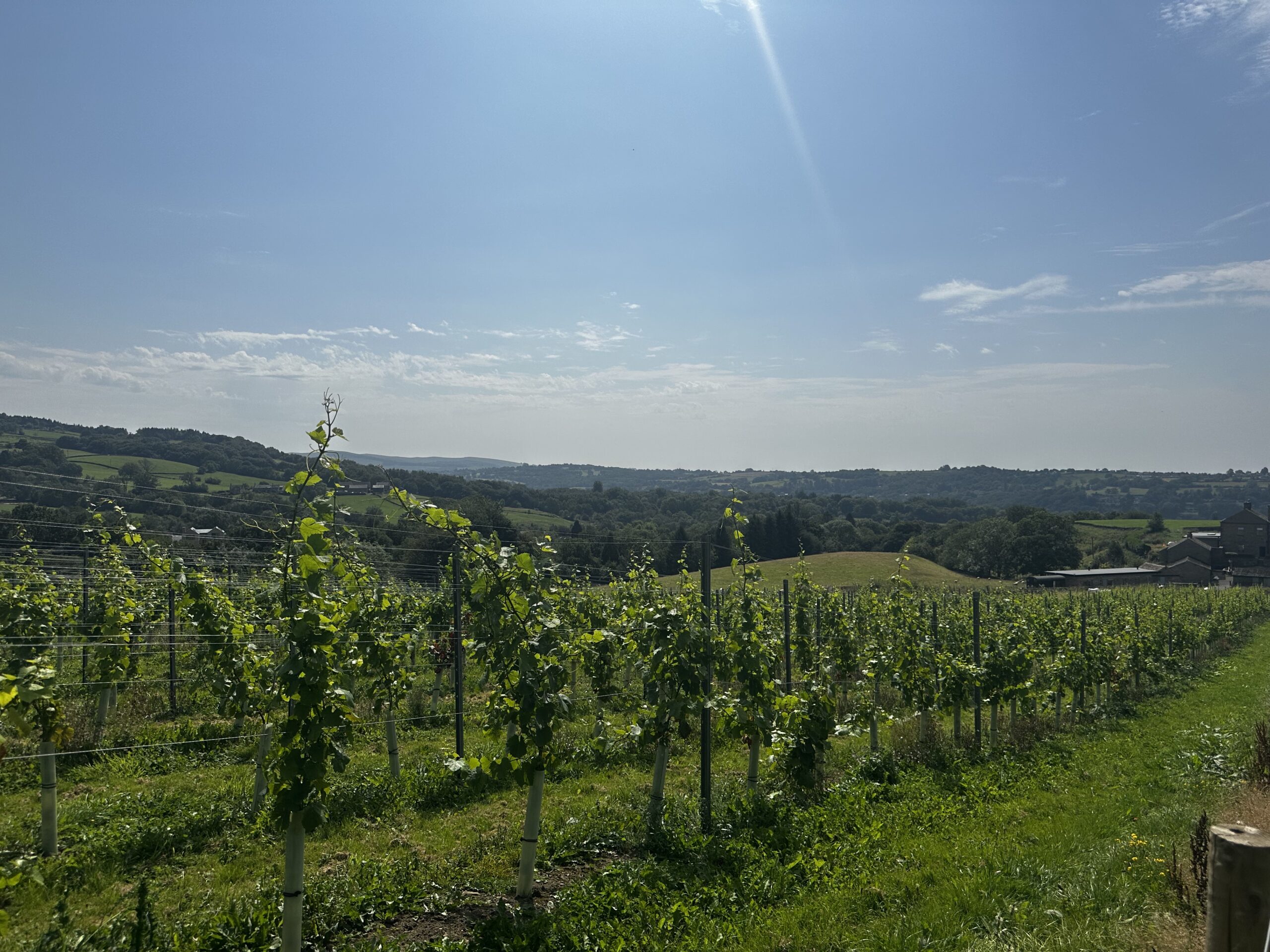

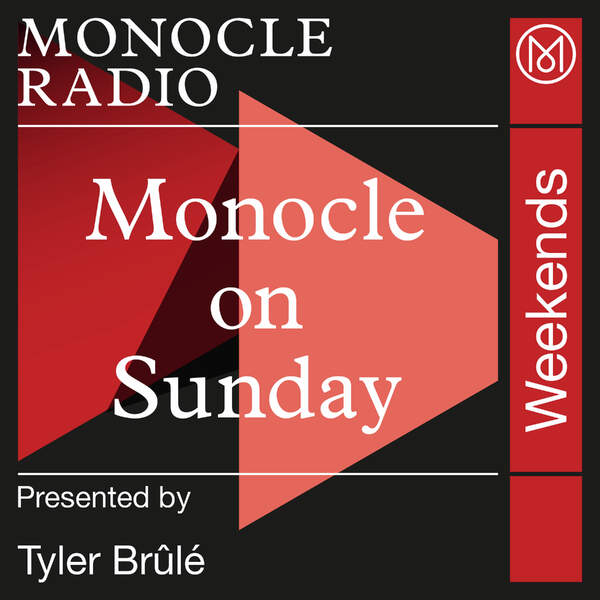
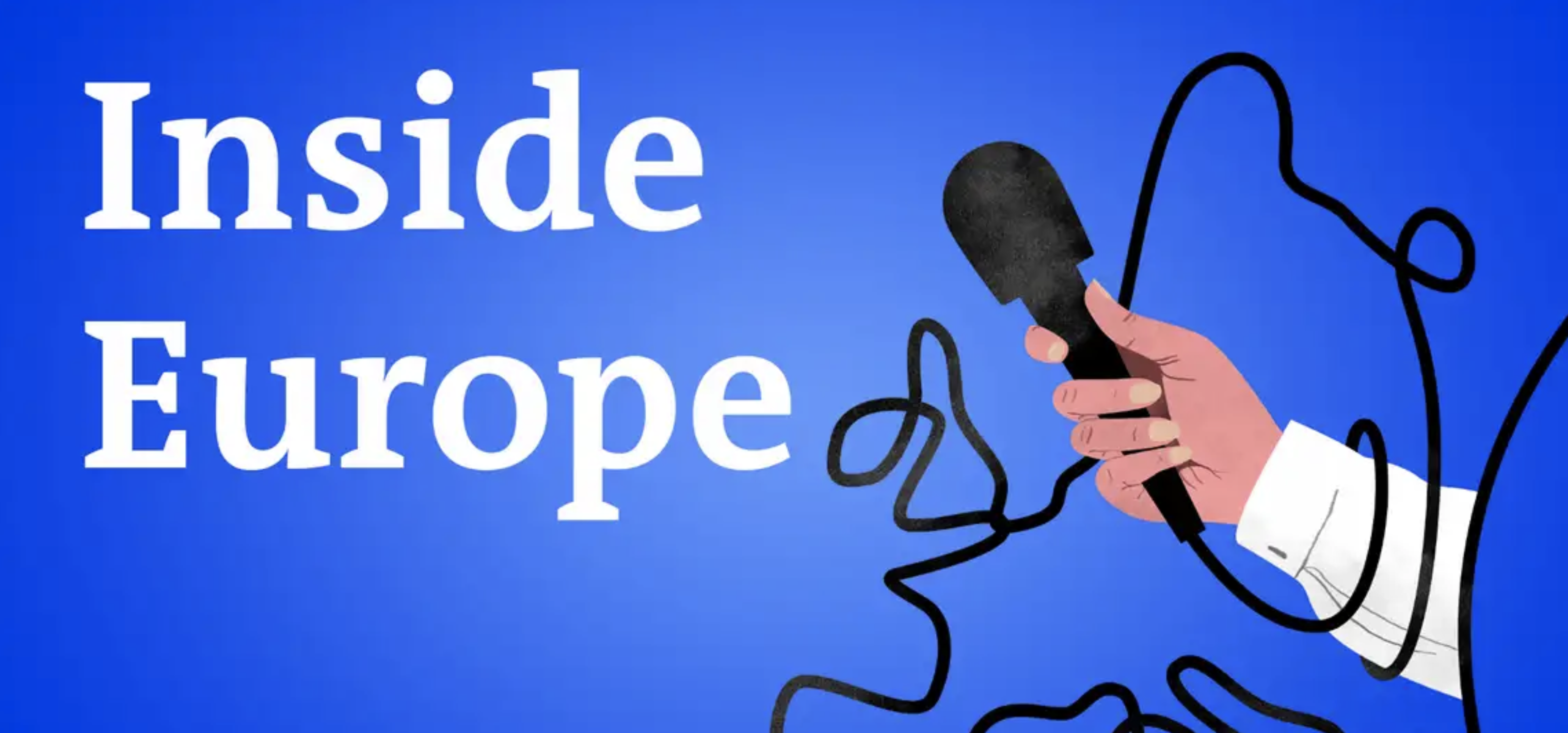

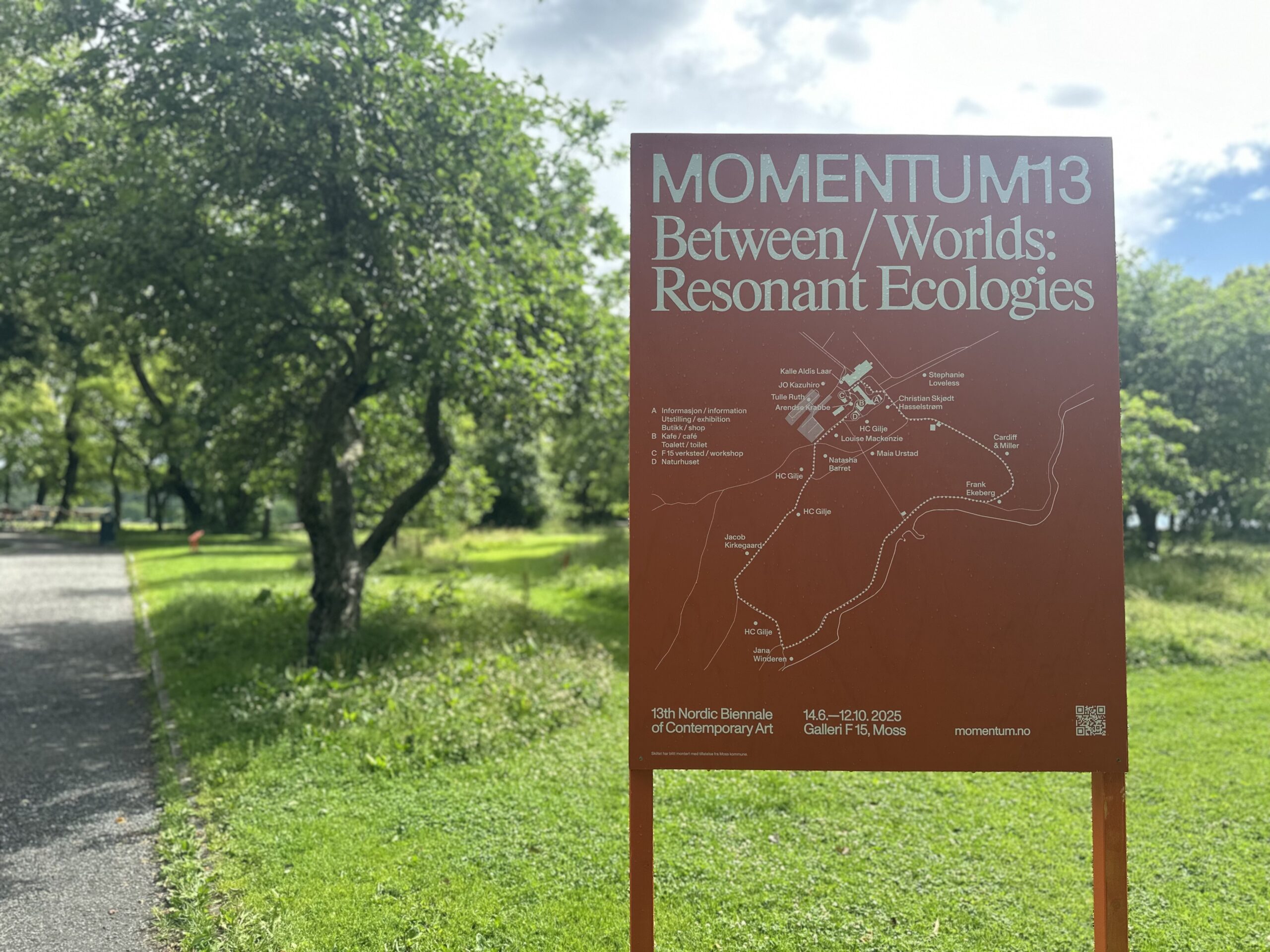
Leave a Reply